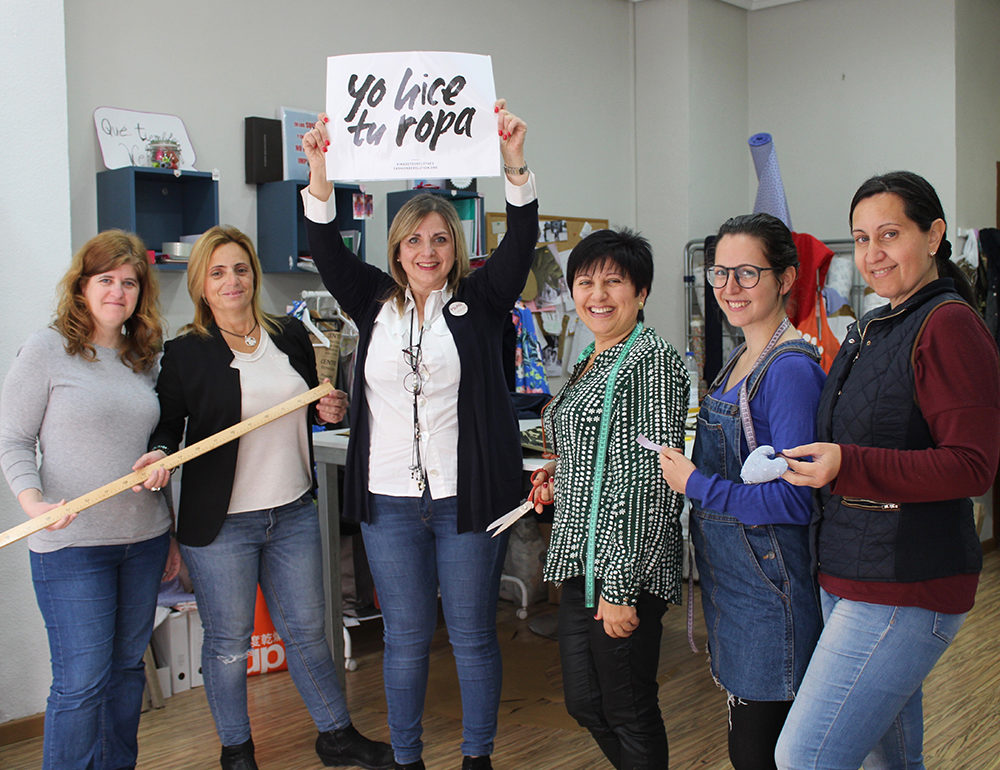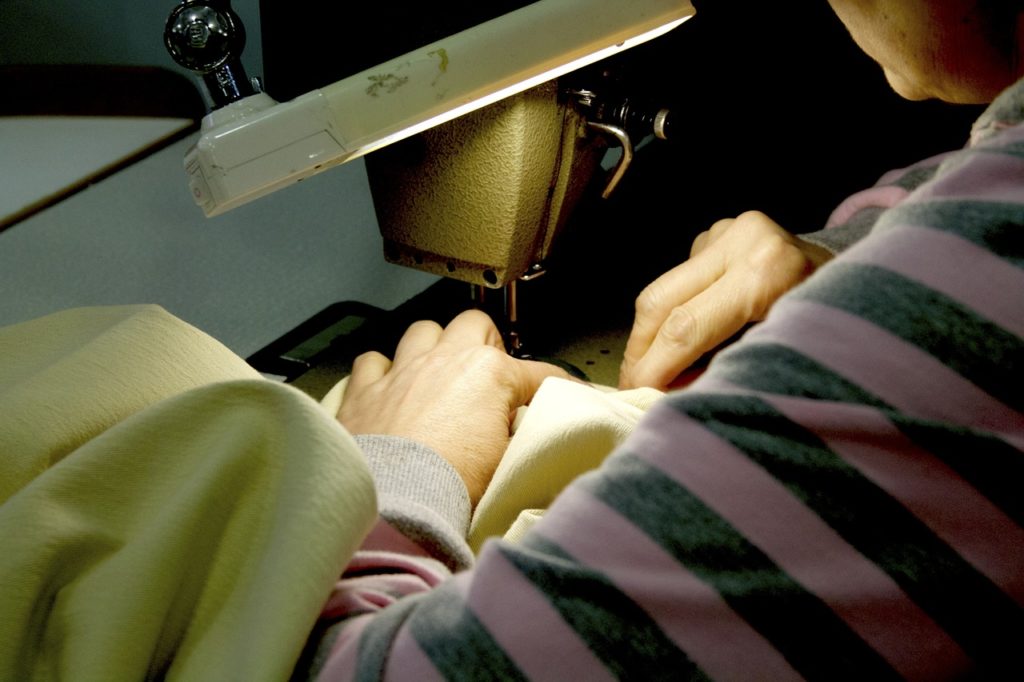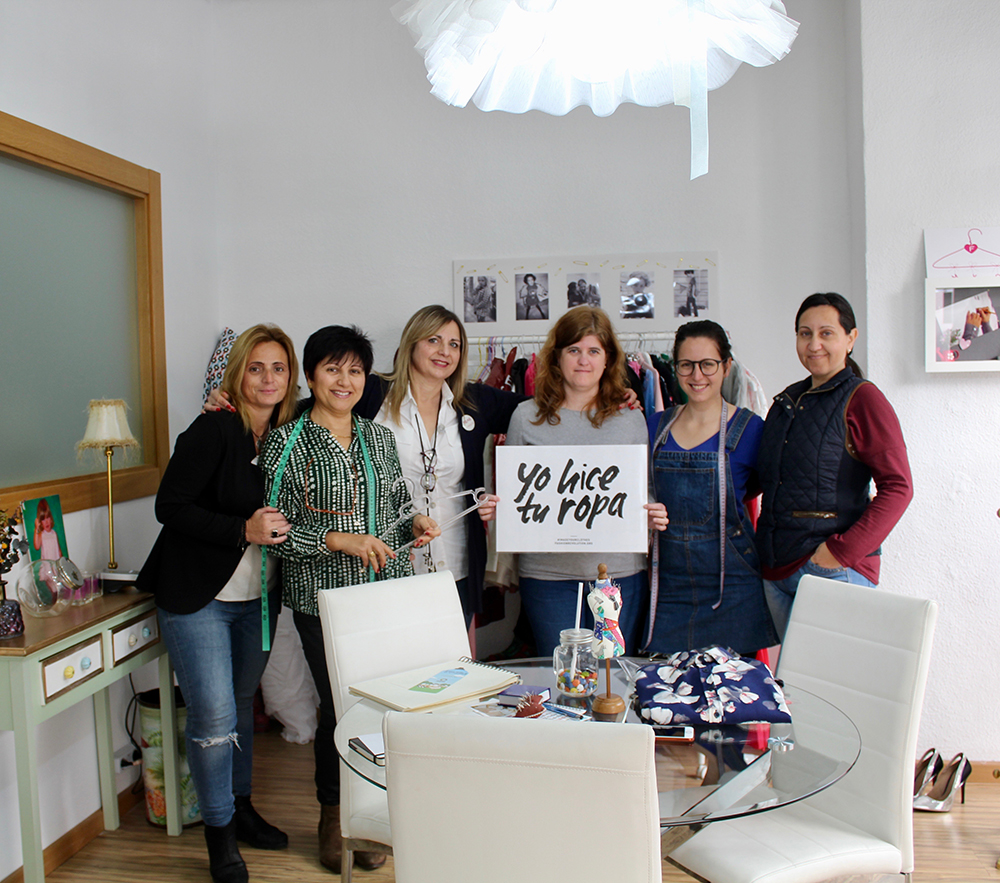
On April 24, 2013 has been marked on the fashion calendar forever. And it’s not because a reference designer made his debut. That day, the Rana Plaza building located in Dhacca, Bangladesh, collapsed with thousands of workers inside.
The fateful incident left 1,138 dead and several thousand wounded. But its shock wave shook the fashion industry worldwide. The collapse of the building focused on the working and production conditions that some fashion companies were implementing and which, until then, had been conveniently maintained in the shadow of public opinion
More and more, faster, cheaper
In the race for fast fashion, faster, cheaper, imposed by the contemporary consumer system, many of the big fashion brands, saw a way to increase their profits by taking their productions to countries like China or Bangladesh.

This caused two immediate effects in the industry. On the one hand, the destruction of jobs and the tradition of the textile and clothing sector in some European countries. On the other, it caused the rise of ethically questionable work practices in the new producing countries.
Through subcontracting through intermediaries that offered opacity to the production process and with a strong pressure on prices and manufacturing times, these brands ensured their large productions at a lower economic cost.
What was not being put on the table was the cost for both workers and the environment that this practice has. Wild and unhealthy working conditions with long working days in conditions of semi-slavery, facilities and deficit security measures that put the health of workers and the environment at risk, wages that barely cover the basic cost of living. These are just some of the practices that defines production in developing countries, which benefits a few at the expense of the lives of many others
A world revolution
Fortunately, civil society was put on the warpath in the wake of the Rana Plaza incident, demanding greater transparency from the brands and greater ethics in the management of work and its suppliers. And although the effects of this movement are milder than would be desirable, each year, millions of people remember that we must continue fighting for a fashion free of abuse.
Behind the question Who made my clothes? companies are pushed to face and forcing them to sign commitments that guarantee fairer and more ethical working conditions.

Imade your clothes
From NUDO Clothing we join this revolution by sharing who makes our clothes, because besides being very proud of the work that each and every one of our suppliers does, we believe that it is very important to promote local work and the textile tradition.

We introduce you the people behind FMAIKIDS, the tailoring workshop led by Fran and Maite that sews our collections and that, in addition to being professionals, are a lovely, a family, a great team.
